WELLNESS
The year 2021: A crisis of meaning
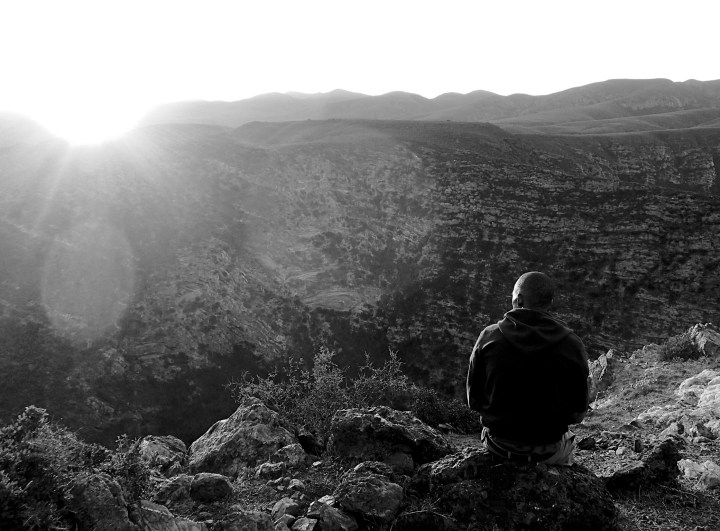
Terms like “existential crisis”, “spiritual intelligence” and “self-awareness” have gained traction with the impact of Covid-19 and a growing consciousness of the precarious state of the earth.
There is a proliferation of pop-psychology articles with headlines like: “From Shattered Goals to Meaning in Life”; “What is an existential crisis, and how do you overcome it?”; “You Can’t Cure Your Employee’s Existential Crisis. But You Can Help”; “What is self-awareness? Why is it important?”
This wave of interest in defining what matters most in life and what is no longer important in life is a positive spinoff of the debilitating uncertainty of our times.
“As much as Covid is seen as a crisis of crises, it is also providing us with an opportunity to change; to live differently; to start a conversation about our values and attitudes in life,” says, Logotherapist, anthropologist and medical and mental health practitioner Dr Meba Alphonse Kanda.
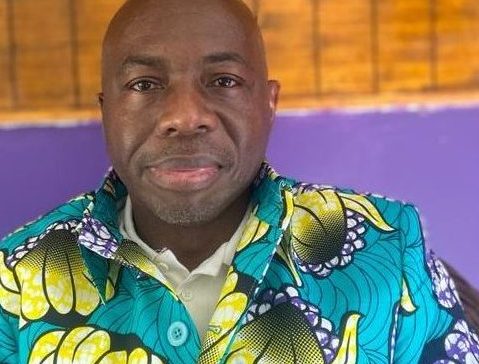
Dr Alphonse Kanda. Image: Supplied
The renowned physicist, philosopher, writer and systems analyst Danah Zohar stresses that IQ and EQ don’t go far enough in today’s world. She identifies 12 principles of spiritual intelligence (SQ). Self-awareness is one of them; it involves a deep knowing of what we believe and value; it is intrinsic to the principle to be vision and value-led; in other words to act from principles and deep beliefs and live accordingly.
“One must say yes to life and embrace it wherever it is found – and it is found in terrible places,” James Baldwin
Seeing adversity as a stepping stone to re-evaluating our lives and identifying what is meaningful is a fundamental principle of spiritual intelligence cited by Zohar. It speaks directly to neurologist and psychiatrist Dr Viktor Frankl’s existential psychotherapeutic approach, which is rooted in consciousness of human responsibility or responsiveness to life.
“One must say yes to life and embrace it wherever it is found – and it is found in terrible places,” American writer James Baldwin said.
It is 75 years since Frankl’s seminal memoir, Man’s Search for Meaning, was published. The book, which had sold 10 million copies by the time Frankl died in 1997, was refined during his incarceration in four Nazi concentration camps, including Auschwitz, from 1942 to 1945. It has helped generations of people to find their way through unavoidable suffering.
Frankl’s existential philosophy, Logotherapy, is built on the premise that an individual’s primary motivational force is to find meaning. Every human being is invited to respond to the existential question: What is life asking of me? He argued that the endless pursuit of pleasure or happiness and avoidance of pain which can’t be changed, rather than using it as a stepping stone to expansive self-expression, results in existential frustration, which manifests in anger addiction and boredom.
The two major psychotherapeutic systems created by Freud and Adler attributed human motives primarily to a quest for pleasure or a need to have power or control. From Frankl’s perspective, they failed to address the spiritual realities that are an intrinsic part of human life.
Kanda stresses the importance of Frankl’s message for our times.
People are experiencing a crisis of meaning at personal, family, community, country and global levels, as well as in different disciplines, says Kanda. Quoting Zohar, he claims there is an intricate connection between the crisis of meaning and social ills such as poverty and violence. Physical illness such as Ebola in the DRC, Lassa fever in Nigeria and the growing HIV infections in South Africa exacerbate the crisis of meaning experienced by many, says Kanda.
The crisis of meaning has affected different fields of specialisation: “Professionals are faced with a crisis within their own practice and sphere of knowledge. They have to face complexity and instability in unique situations,” Kanda adds.
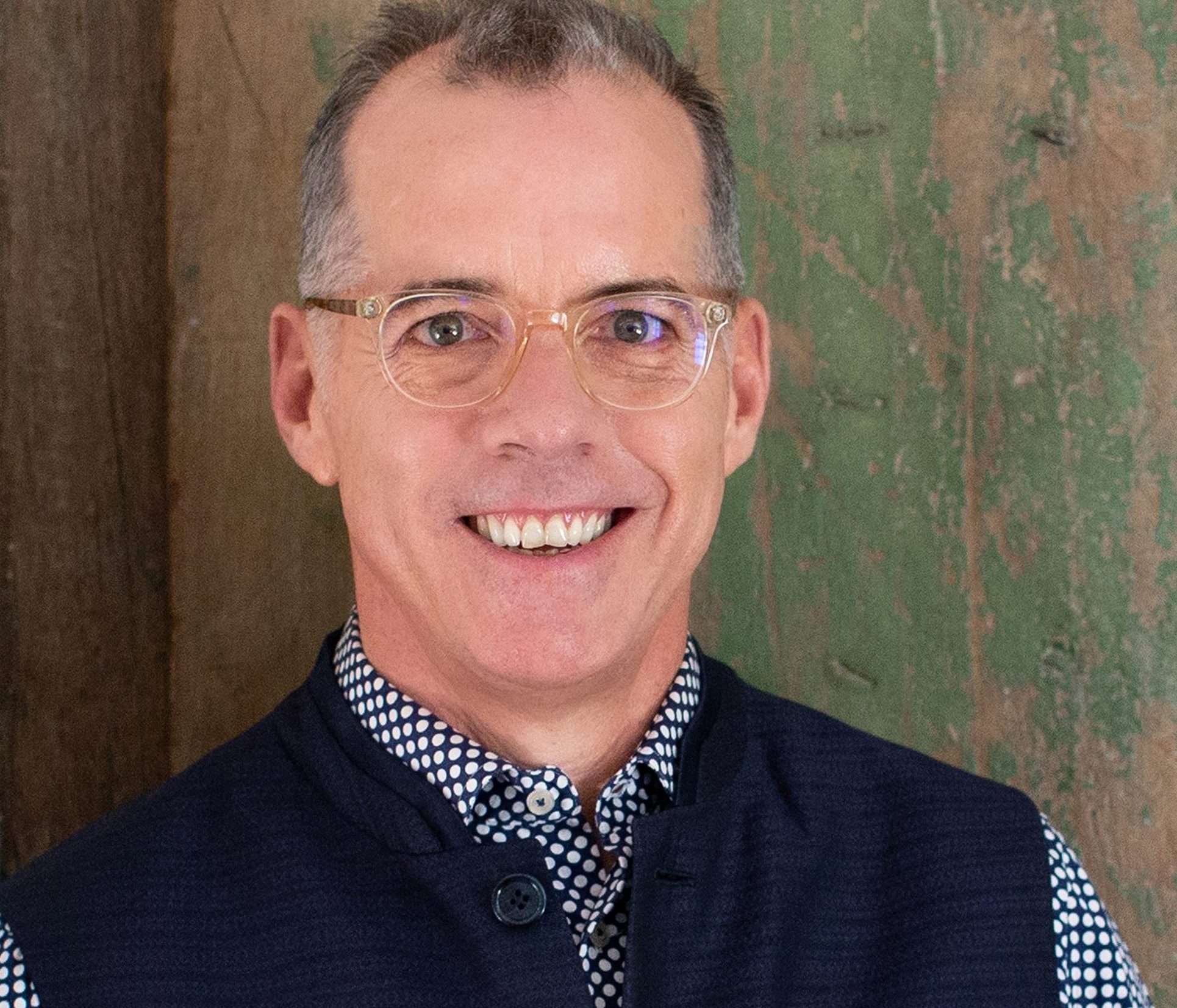
Casper Oelfofsen. Image: Supplied
In the corporate space, Casper Oelofsen, who supports executives to navigate complexity, says companies are struggling to develop a template for their contexts that accommodates the shifts executives have made in their way of seeing their working environments and how they fit in. Virtual and hybrid ways of working have profoundly influenced attitudes and values. A few current informal surveys have indicated that a number of mid-to senior-level employees might consider leaving the company if forced to work at the office again, while some might consider leaving the company if forced to work from home.
Celebrating diversity is more than tolerating one another’s differences; it means enjoying them, embracing them, being invigorated by them.
Informal conversations indicate that employees feel they have changed to the extent that they are “not the same people coming back to the office”. They want the company to recognise and address the implications of this change. They want it to be understood that they have undergone fundamental shifts in their way of being.
Oelofsen’s emphasis is on the need for more effective relationships. “You can’t fix complexity, you have to navigate it. We are suggesting to our clients that complexity is not a problem; it is not a threat; it is just life, and we need to build a relationship with it rather than trying to fix it or sort it out.”
Executives need to cultivate and use the same skills you would need “to make a long weekend with an extended family successful”, he says. “You get hired and fired for IQ in a linear, complicated, zoo-like context, but in a complex jungle you get fired for EQ (emotional intelligence). Systems intelligence is crucial, too. Individual burnout is a systems problem.”
Zohar’s principles of spiritual intelligence come in here too. She speaks of “holism”, the “celebration of diversity” and “humility”.
Holism means recognising the world as an unbroken whole.
“As quantum physics tells us, there is no such thing as separation in this world. There is no separation between you and me; between us and nature; between us and our beleaguered planet. I am part of the other side of the universe. I can’t afford to think of myself as an island; I am part of the whole,” Zohar says.
Celebrating diversity is more than tolerating one another’s differences; it means enjoying them, embracing them, being invigorated by them.
Humility requires a sense of one’s place on the greater stage of life.
“We are finding at the moment that performance and well-being are entangled. You can’t perform well if you are not well. This is the big challenge for corporates at the moment,” Oelofsen says.
“Wellness is part of the whole system. That is a big shift now. Wellness is not a separate block in HR. It is what the whole company is about. Companies need to know where their employees live, how they live. They need to be invested in how their employees get to work. If most of their workforce lives in townships and travels on taxis, they need to be working to improve conditions in townships and in taxis,” says Oelofsen.
“We are no longer sure of our beliefs and our values,” Kanda says, “and that takes us straight to the Logotherapy issues, the existential questions.”
The way in which we answer existential questions has a profound influence on our ability to find meaning, says Kanda.
Questions like: Why is this happening to us/me? What is the value of life? What is the purpose of living?
Asking fundamental questions is one of Zohar’s principles of spiritual intelligence. “Live the questions,” the poet Rainer Maria Rilke said.
“Don’t accept what they tell you. Don’t do it because someone says to do it. Ask why. Why should I do it the way that you tell me? How does it work? Why does it have this outcome? Could it be different? Undermine the system when you feel the system is wrong. Children ask questions all the time and that is why they are so fresh and spontaneous,” Zohar says.
Frankl believes that life is constantly presenting us with a call to meaning and that our response involves one of three values: creative, experiential or attitudinal values. Creative values encompass creative works or deeds; experiential values include love, relationship with others or with the natural environment, and attitudinal values encompass the way we relate to hardship and suffering.
Dr Matthew Zylstra, a socio-ecological researcher/practitioner specialising in nature connectedness and wellbeing, facilitates interactive experiences with the natural environment. He concurs: “One of the things we are really searching for, especially at this time, is meaning.” So often things are reduced to economics but we don’t actually live economic lives. Economics has a huge impact on what we do but our lived experience is not an economic experience; it is an experience of interactions that give meaning.”
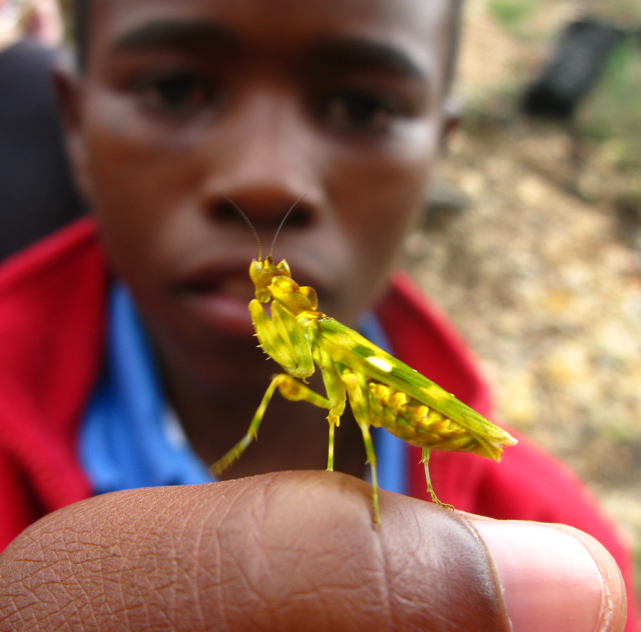
Child & mantis. Baviaanskloof Nature Awareness Group/ Image: Matthew Zylstra
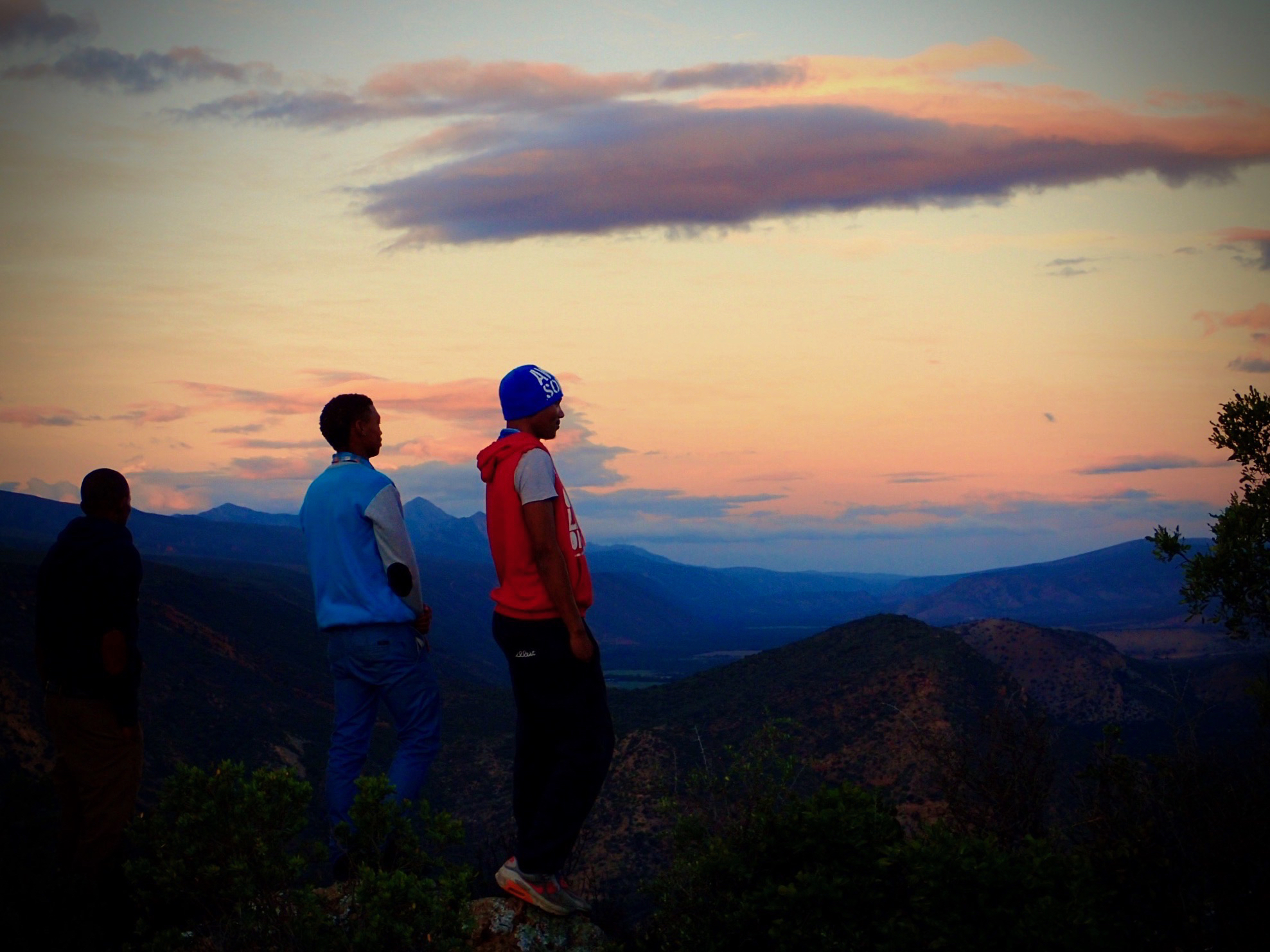
Baviaanskloof Nature Awareness Group/ Image: Matthew Zylstra
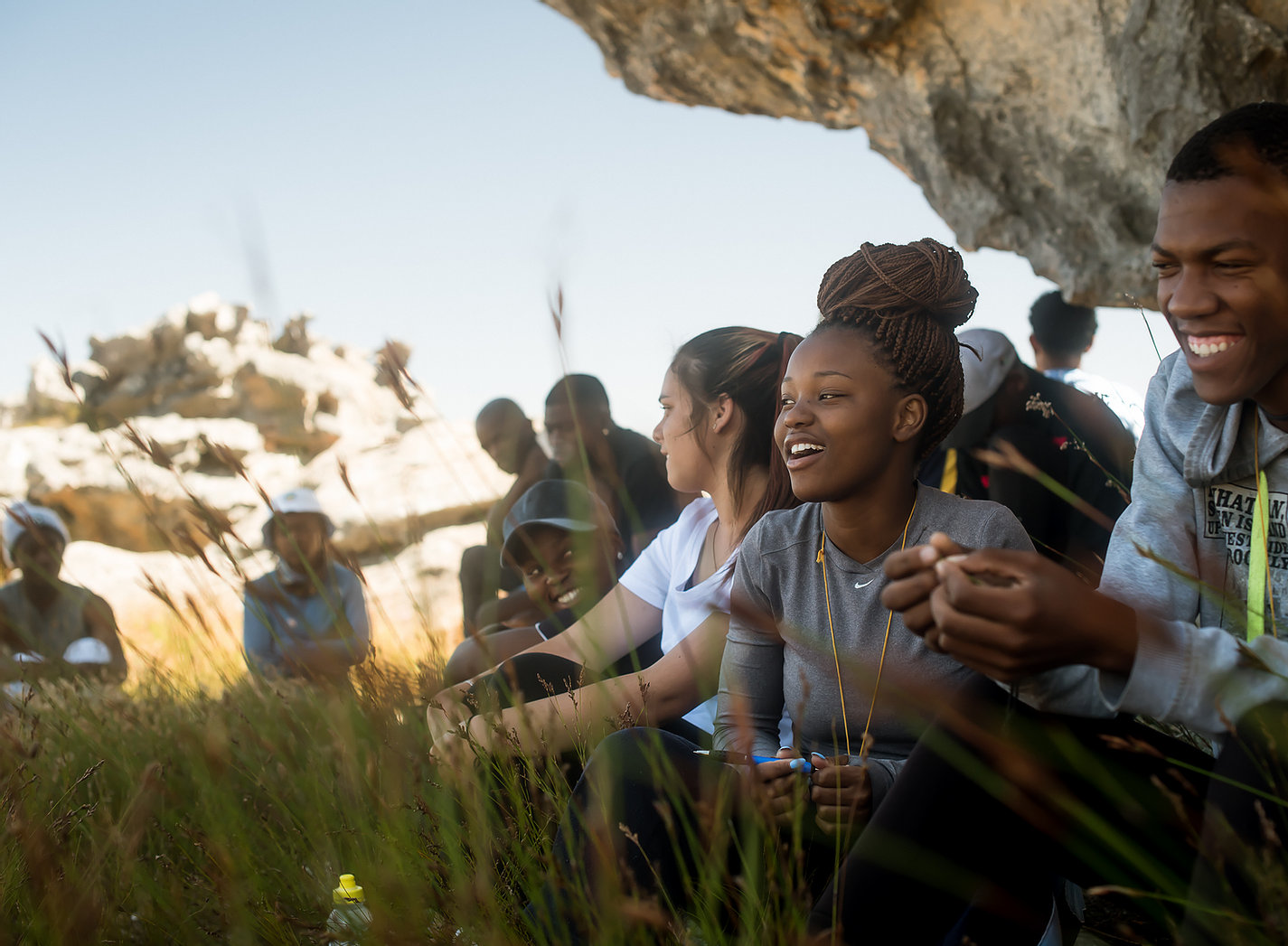
Enjoying nature/ Image: Wildnightsout.co.za
For Zylstra, connection with nature is a way to find meaning. “When we engage with nature, when we utilise our senses, when we slow down, when we connect, we start to take our engagement with nature to a much more meaningful level. That is where my work is focused; on nature connection”.
“We humans have to reframe our vision of ourselves as rulers of the world and see ourselves as fully part of the world”
In Man’s Search for Meaning, Frankl describes a young woman who knew she was about to die. She had a partial view of the branch of a chestnut tree with two blossoms on it from the window of the hut where she was incarcerated. “This tree is the only friend I have in my loneliness… I often talk to this tree,” she said. Frankl wondered whether she was delirious and having hallucinations. He asked her what the tree said to her. She replied: “I am here — I am here — I am life, eternal life.”
One of the Logotherapy concepts is “tragic optimism”, which Logotherapist Dr Ann Graber describes as “the ability to remain optimistic in spite of our unavoidable suffering by turning suffering into human achievement”.
We get stuck on dopamine/cortisol treadmills where we swing between pursuit of ‘reward’ or being in ‘fight or flight’ mode. Excessive social media entraps us in dopamine loops and excessive ‘busy-ness’ and fast-furious living pumps the cortisol. We are not attending to our parasympathetic nervous system – allowing the space to ‘rest and digest, to care and connect – all critical in the healthy regulation of neurophysiology and emotions toward a balanced way of being,” says Zylstra.
In authentic relationship with the natural environment, the human body releases oxytocin and endorphins which are associated with positive emotions such as calm, contentment, and love, which create a state of ‘mindful being’, according to Zylstra.
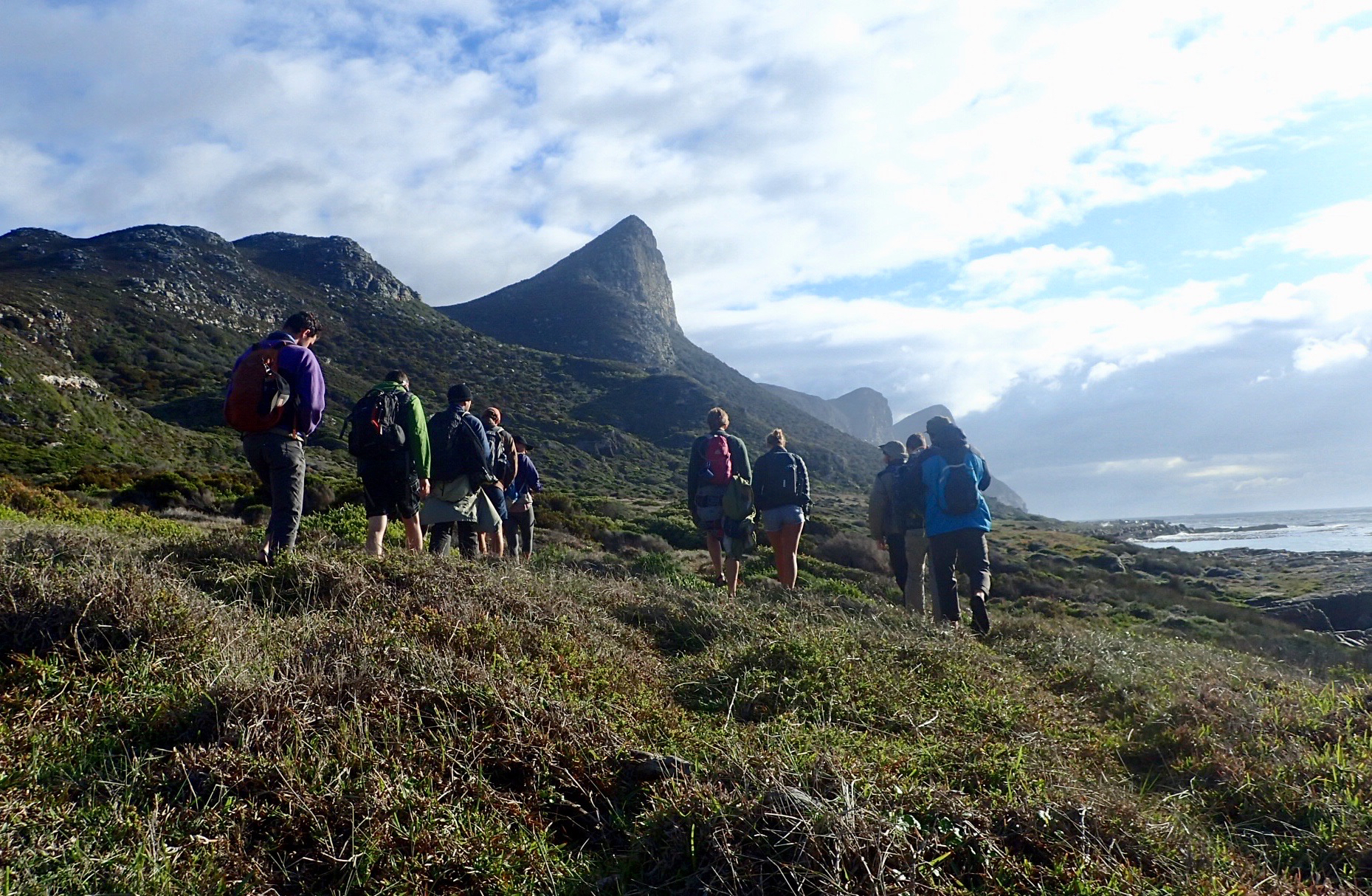
Into the wild, Cape Point/ Image: Matthew Zylstra
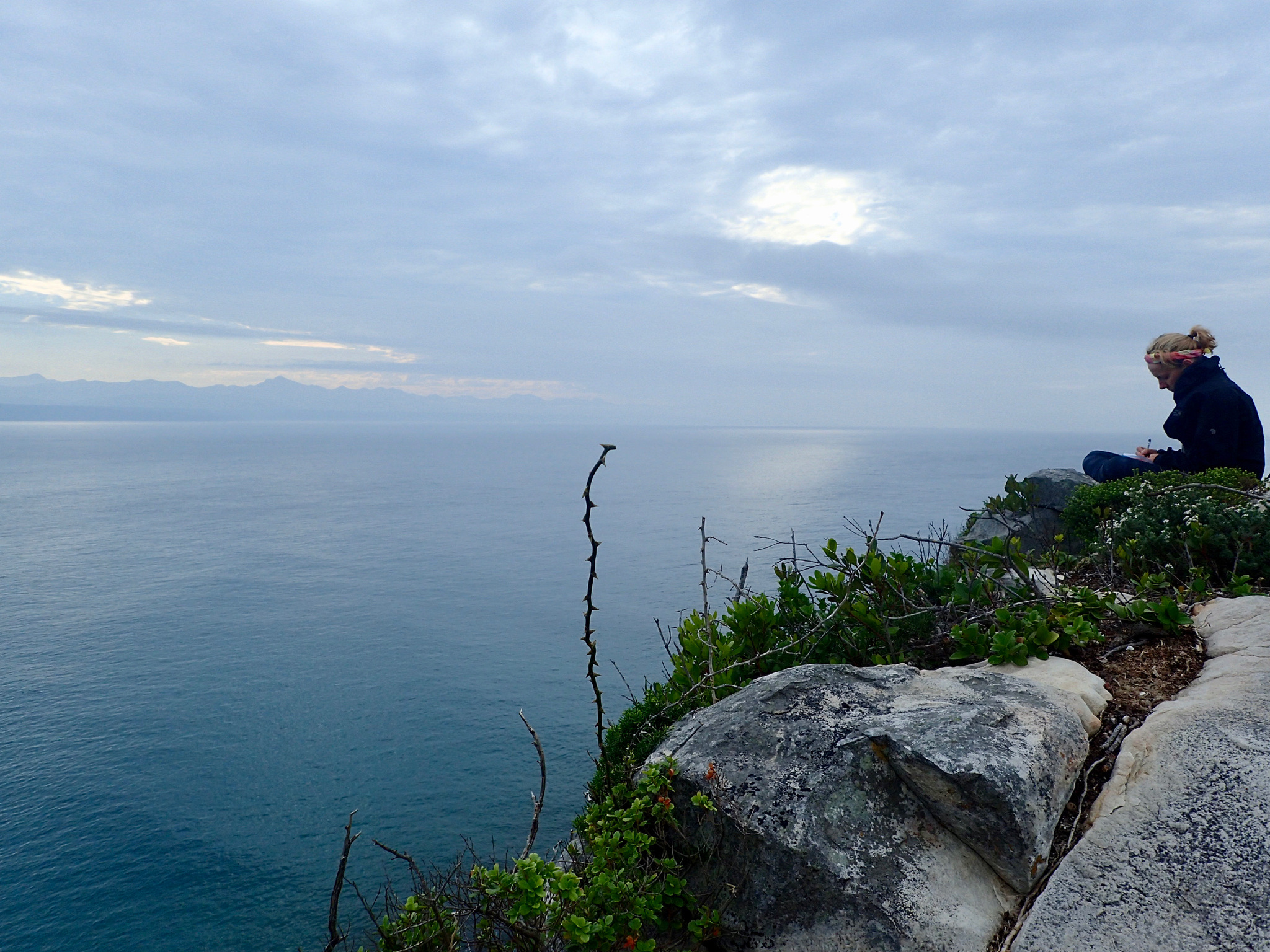
Nature writing/ Image: Matthew Zylstra
In some parts of the world, such as with the NHS in the UK, ‘green social prescribing’ have highlighted “the importance of being outdoors to people’s mental and physical health.”
Kanda says there is a movement in South African psychiatric and mental health circles to encourage people suffering from mental illness, particularly depression and anxiety, to experience nature. Experiencing nature and connecting to nature allows for “self-transcendence” which is an important Logotherapy principle. It is also an expression of an experiential value and it can be a spiritual experience and an experience of love, according to Kanda.
Reframing is at the core of all the changes we are required to make to survive our existential crises and find meaning. Reframing demands changing our mind set; shifting our paradigms; seeing things through new eyes.
“We humans have to reframe our vision of ourselves as rulers of the world and see ourselves as fully part of the world,” says Zohar. DM/ML
Melody Emmett is a Logotherapy facilitator, an Enneagram coach and writer.
[hearken id=”daily-maverick/8901″]















 Become an Insider
Become an Insider
Beautiful article, Melody. I have posted it to colleagues and family. In the wake of omicron and many other travails this was a sweet balm. More material like this, please DM.
Melody, thank you for a well written and well researched article. You highlight the importance of accepting also the imperfect and the painful, a difficult thing for most people. I am glad you steered away from simplistic, quick fix solutions because there are no easy answers.